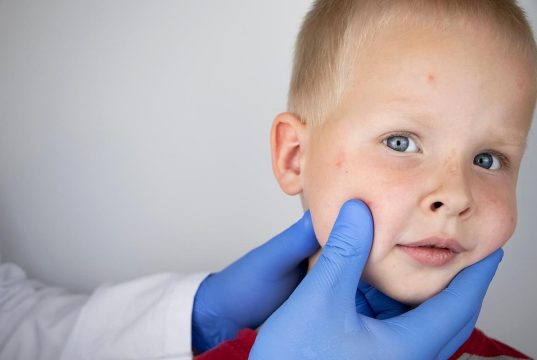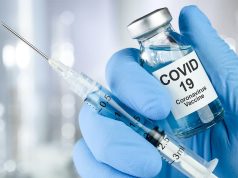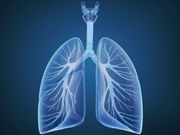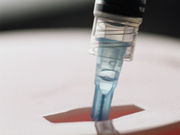Pneumococcal Vaccine for Only Half With Work-Related Asthma
54 percent of adults with work-related asthma, 35 percent with non-work-related asthma vaccinated
Systemic Corticosteroids Discouraged for Atopic Dermatitis
Systemic corticosteroids should generally be avoided, but can be used in specific circumstances
Chronic Respiratory Disease Mortality Up From 1980 to 2014
Despite recent decline from 2002 to 2014, overall increase of 29.7 percent nationwide
Bacillus Calmette-Guérin Vaccine May Reduce Atopic Dermatitis
Findings among newborns vaccinated within seven days of birth
Worker Contribution to Health Benefits Up in 2017
Share of firms offering coverage, workers receiving coverage remained stable
Montelukast Associated With Nightmares, Depression
Odds of depression, aggressive behavior, suicide ideation, nightmares, headaches all increased
Hen’s Egg Detectable in Dust Samples After Egg Consumption
Hen's egg was detectable in dust samples of eating area and bed in eight of eight households
Insurer Market Power Lowers Providers’ Prices
Evidence seen for specialists in markets with high provider, insurer concentration
AAP: Epinephrine Admin Training Needed in Many Schools
In 2015 to 2016, 2.7 percent reported that epinephrine was administered by unlicensed staff
ACP Does Not Support Legalization of Assisted Suicide
Legalization would affect trust in the patient-physician relationship, and in the medical profession



















